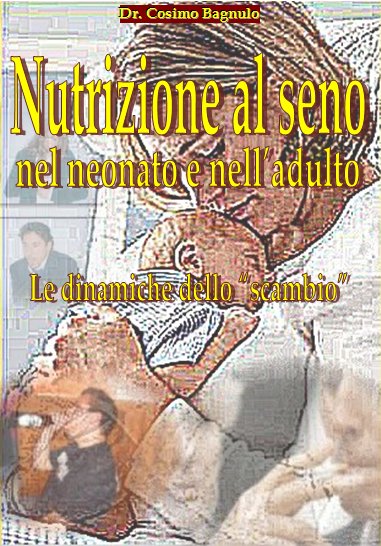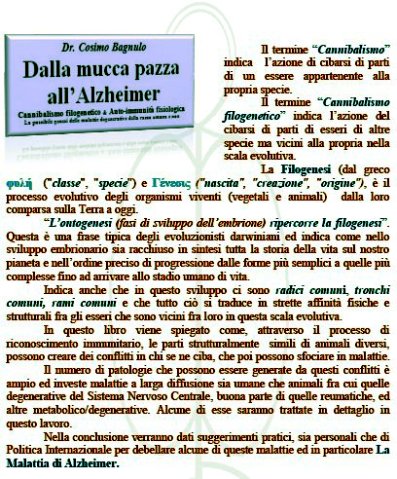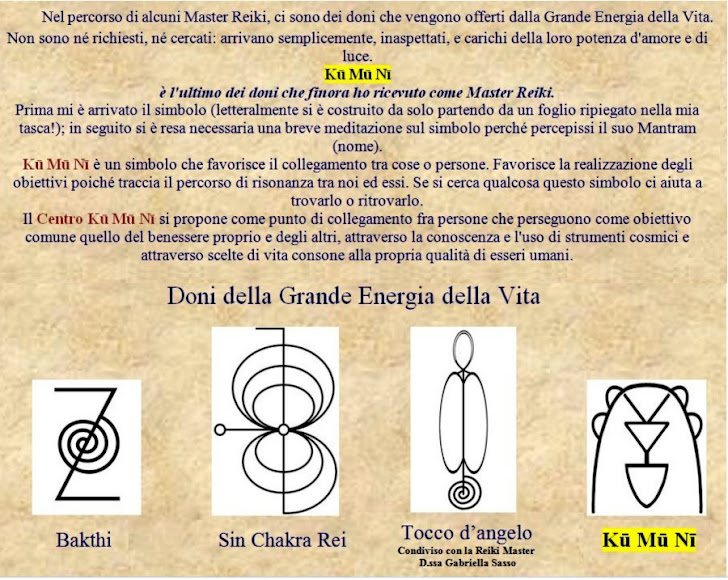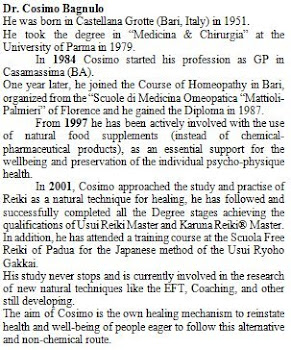Quante persone oggi ancora pensano che una malattia tumorale sia un evento disgraziato e inevitabile come se fosse una questione di pura “sfortuna”? I dati epidemiologici di cui disponiamo parlano chiaro: un’analisi dettagliata delle principali cause di tumori mostra che un numero incredibilmente alto di essi (equivalente a quasi i due terzi!) è direttamente collegato allo stile di vita. E’ pertanto possibile almeno ipotizzare che ad oggi se si potesse intervenire in modo significativo sullo stile di vita individuale, modificando almeno i più importanti e comuni fattori di rischio, si potrebbero ridurre in modo significativo non solo l’incidenza di questa malattia, ma anche modificare il decorso della stessa favorendo magari l’efficacia di alcune terapie oncologiche.
La ricerca ci conferma che una malattia tumorale non si sviluppa in un giorno, ma che occorrono alcuni “step” perché una cellula sana si trasformi in una cellula tumorale.
Perché questi passaggi avvengano occorre che vi siano condizioni ideali e favorevoli: un adeguato rifornimento di sangue richiede per esempio una strutturata rete di capillari in grado di fornire alle cellule il necessario nutrimento, mentre sappiamo che alcuni alimenti (tè verde, frutti di bosco per citarne un paio) sono potenti strumenti per inibire questa crescita (nota come “angiogenesi”). Moltissime forme tumorali che colpiscono la nostra società hanno almeno come concausa una componente nutrizionale.
In Canada per esempio, numerosi cuochi hanno lavorato su ricette gustose per introdurre ingredienti e sapori tipici di alcuni paesi del mondo nei quali l’incidenza di alcune forme tumorali è incredibilmente bassa. Basti pensare in questo senso alla bassa incidenza in India della malattia di Alzheimer e del morbo di Parkinson a causa del massiccio impiego che gli indiani fanno della curcuma.
Oppure pensiamo all’azione protettiva dei grassi insaturi omega 3 a livello cardiovascolare, scoperta proprio perché i dati epidemiologici nella popolazione esquimese indicavano una bassissima incidenza dei casi di infarto.
Oppure pensiamo all’azione protettiva dei grassi insaturi omega 3 a livello cardiovascolare, scoperta proprio perché i dati epidemiologici nella popolazione esquimese indicavano una bassissima incidenza dei casi di infarto.
Il WCRF, una delle massime autorità mondiali in materia di cancro, ci dice che i tumori del polmone, dello stomaco, del seno, del colon/retto, del cavo orale e della faringe, del fegato, del collo dell’utero, dell’esofago e della prostata, potrebbero essere efficacemente controllati e prevenuti in percentuali elevate solo adottando un’alimentazione migliore.
Il solo tumore al colon potrebbe essere prevenuto nel 75% dei casi adottando un’alimentazione corretta, così come l’85% dei tumori al polmone potrebbe essere controllato non fumando. E’ stato recentemente osservato che la luteolina e l’apigenina, due molecole presenti in alcuni vegetali (menta, timo e prezzemolo) sono in grado di inibire l’azione di un enzima attivato da un fattore di crescita (dal nome PDGF) normalmente attivo nella neovascolarizzazione dei tumori.
E’ stato osservato che il meccanismo di azione di queste due sostanze è sovrapponibile a quello di un farmaco chemioterapico (Glivec) prescritto per il trattamento delle leucemie e di cui recentemente è stata studiata l’azione contro i tumori all’ovaio.
E’ stato osservato che il meccanismo di azione di queste due sostanze è sovrapponibile a quello di un farmaco chemioterapico (Glivec) prescritto per il trattamento delle leucemie e di cui recentemente è stata studiata l’azione contro i tumori all’ovaio.
Ma oggi sappiamo anche molto di più: l’infiammazione gioca un ruolo molto importante nello sviluppo di diverse forme tumorali. Uno stato infiammatorio cronico infatti sembra essere una condizione ideale per lo sviluppo di cellule tumorali che secernono “segnali” da inviare alle cellule infiammatorie (per esempio ai macrofagi) allo scopo di stimolare il rilascio di fattori di crescita ed enzimi da parte di esse utili alla crescita del cancro.
Questi fattori sono in grado di attivare una proteina (dal nome fattore nucleare KB, abbreviato in NF-KB) che si è rivelato essere importantissimo nella crescita dei tumori. Il fattore NF-KB infatti promuoverebbe a sua volta la produzione di altre sostanze (tra cui la ciclossigenasi, nota anche come COX 2) che innescherebbe una catena di reazioni favorevoli alla crescita tumorale. Negli scorsi anni sono stati commercializzati dalle industrie farmaceutiche diversi farmaci in grado di inibire la produzione di queste sostanze, ma purtroppo alcuni di essi hanno anche documentato una serie di rischi per la salute piuttosto seri.
Esistono diversi estratti vegetali che sono in grado di sviluppare una potente azione antiinfiammatoria sovrapponibile a questi farmaci, ma che non producono alcuna azione secondaria pericolosa (come per esempio la curcuma). Sappiamo anche però che un eccesso calorico, un consumo eccessivo di zuccheri e grassi saturi, una carenza di alcune sostanze essenziali alla produzione di enzimi (oligoelementi come il manganese, lo zinco e il rame presenti nella frutta, nella verdura e nei semi oleosi), possono produrre un’azione pro.infiammatoria.
In buona sintesi occorrerebbe pertanto che ognuno di noi agisse su più fronti, alimentandosi in modo variato e non ossessivo, senza rinunciare al piacere della tavola, ma ragionando con consapevolezza sull’azione farmacologica che il cibo è in grado di produrre.
In sintesi potremmo pertanto concludere che alcune prime semplici modifiche al nostro stile di vita potrebbero già rappresentare un primo passo importante verso una vita più sana, che da un lato ci aiuterebbe a variare la nostra cucina evitando di incorrere in un’alimentazione monotona, e dall’altro potrebbero aiutarci in modo significativo a prevenire alcune diffuse forme tumorali.
Raccomandiamo pertanto un maggior consumo di vegetali crudi e possibilmente biologici, l’introduzione nella nostra alimentazione di grassi insaturi omega 3 (di cui eventualmente vedremo in seguito l’importante azione antiinfiammatoria sul nostro organismo) attraverso noci, pesci di mari freddi, e olio di lino e soprattutto la riduzione di cibi con una eccessiva concentrazione zuccherina (in grado di innalzare pericolosamente i livelli in insulina nel sangue con conseguenze pro infiammatorie importanti).
Importante infine l’introduzione nei piatti della nostra cucina di ingredienti dalle intrinseche proprietà antitumorali (frutti di bosco, curcuma, tè verde, alimenti integrali e biologici, spezie..).
Due nuovissimi studi (del 16 novembre 2010) hanno nuovamente documentato come il consumo di sale da un lato, e il massivo uso di cereali raffinati che “impattino” in modo intenso sulla glicemia (e quindi sulla produzione di insulina) rappresentino fattori di rischio importanti nell’incremento di alcune forme tumorali.
Colombi Vladimiro







